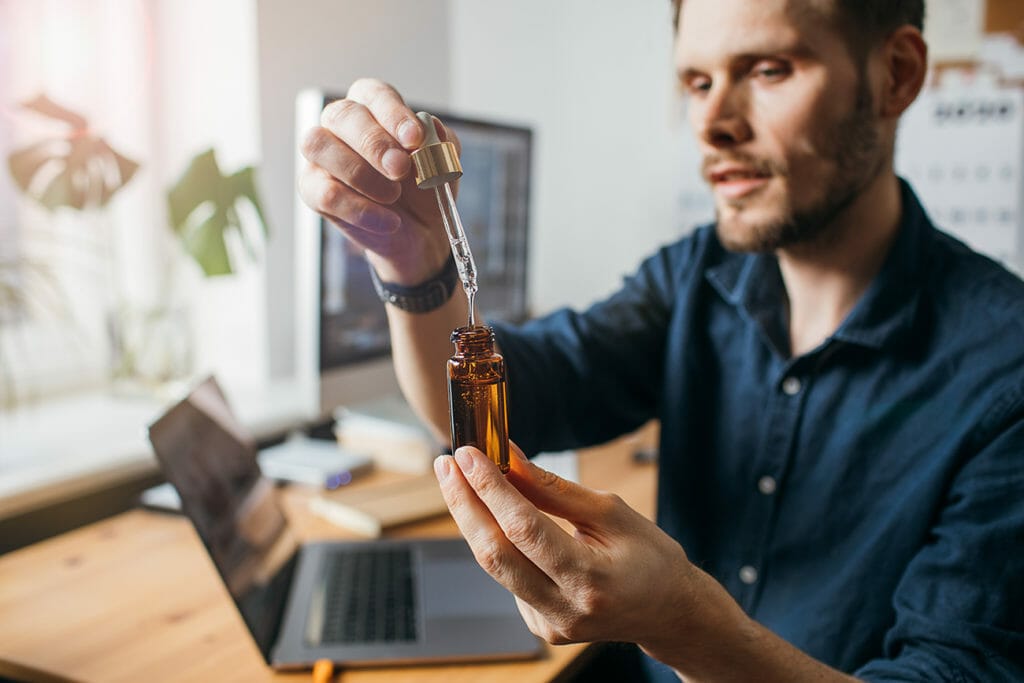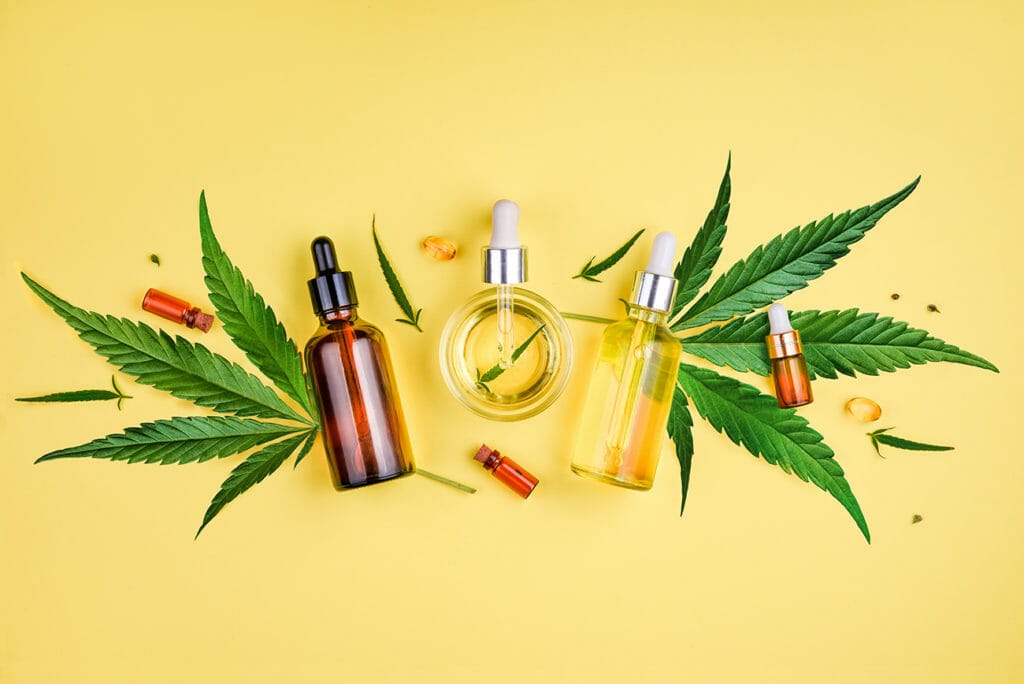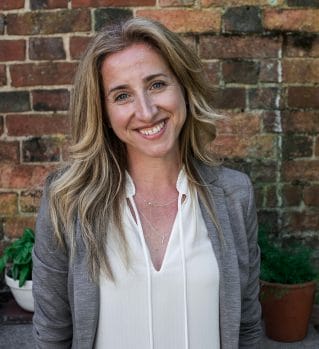C*B*D Isolate versus Full Spectrum – What’s the Difference?
The C*B*D market continues to grow and there’s a wide range of different products available, from oils to capsules to balms, as well as creams and rubs. All these products contain C*B*D extracted from Cannabis sativa L. plants (aka hemp) but some products fall into the isolate category, whereas others are described as broad or full spectrum.
So what does this mean and what product is right for you?

Full Spectrum
Full-spectrum products contain C*B*D in levels specified on the product label, but they also contain small amounts of other cannabinoids, like CBN and CBG, as well as less than 0.2% THC, which is not at a level that will cause any psychoactive effects. Also present in these products are other hemp plant extracts including flavonoids and terpenes, which are beneficial compounds that provide unique scents and flavours to plants, as well as potential health benefits.
Broad Spectrum
Broad spectrum products contain the same as full-spectrum products but without any detectable THC.
Isolate
Isolate products undergo further refining so only contain C*B*D extracted from hemp with none of the other phytocannabinoids and hemp extracts present.

Which product to choose?
On paper, you may think that full or broad-spectrum products are better because of the presence of other hemp phytonutrients. And there is some research that suggests the range of different phytocannabinoids and terpenes in both broad and full-spectrum products may create the “entourage effect”, whereby the combination of these nutrients have a greater synergistic effect than when acting alone.[1]
However, some people wish to avoid all traces of THC, including those professions and athletes that are drugs-tested, as even trace amounts of THC in spectrum products may trigger a positive test, even though the negligible levels will have no impact on motor or psychological function.
WADA (World Anti-Doping Association) is also ambiguous in its statement about the legality of phytocannabinoids other than C*B*D (which is legal in sports). So for that reason drug tested athletes should take C*B*D isolate oils, capsules and balms to ensure no cross-contamination. Some brands go a step further and test isolate products through the 3rd party Banned Substance Control Group (BSCG), which tests for over 400 banned substances giving further peace of mind that isolate products are THC free.
Also, there is great debate around hemp-based food supplements and the Novel Food Act, which could see hemp extracts assigned Novel Food Status on 31st March 2021. If this is the case then many full and broad-spectrum products will be removed from the shelves. However, C*B*D isolate will be exempt from this status so will still be available to consumers beyond next March.

Which product is right for you?
Isolate products may be right for you if you:
- Want a flavourless, odourless product, as a carrier oil of Medium Chain Triglyceride (MCT) oil is usually used.
- Want the option of a mouth spray rather than drop dosing route.
- Want to avoid THC altogether.
- Have to undergo drug testing.
Full-spectrum products may be the right choice if you want:
- The benefits of the entourage effect. Since the amount of THC will be less than 0.2%, you shouldn’t experience any of THC’s psychoactive effects.
- An earthy flavour profile, in part due to the hemp carrier oil as well as hemp extracts.
- A less refined product. C*B*D isolate has to go through more refining than full-spectrum THC.
So taking into account both consumer choice and potential changes in food supplement laws in 2021, reputable food supplement companies now offer both isolate and full/broad-spectrum products. This means that you can decide what works for you and there will also be some form of C*B*D product available to you after March 2021 if the Novel Food status is enforced.

By Dr Elisabeth Philipps PhD BSc (Hons) BSc Nutr Med
Dr Elisabeth Philipps is a clinical neuroscientist and runs a health consultancy specialising in nutritional neurology, the endocannabinoid system and phytocannabininoids including C*B*D. She regularly presents at conferences and events, and provides expert opinion for the national press, specialist healthcare publications and health companies. You can contact Elisabeth via social media:
instagram – @drelisabethphilipps
Linked In – Dr Elisabeth Philipps
[1] Russo (2011) Taming THC: potential cannabis synergy and phytocannabinoids-terpenoid entourage effects. Br J Pharmacol 163:1344-1364







